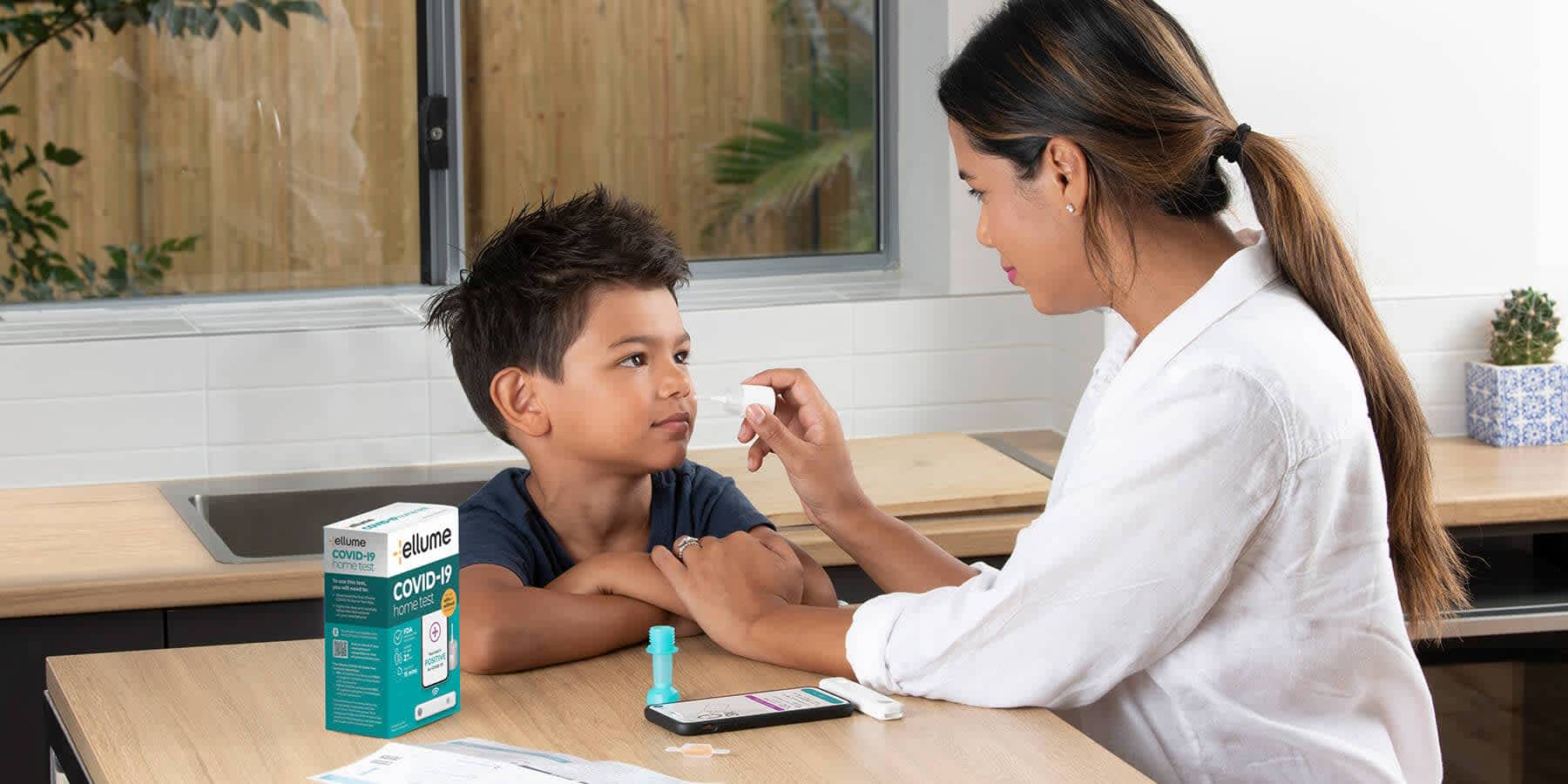
How quickly can you expect results from an antigen COVID-19 test?
Medically reviewed by Everlywell Medical Communications & Publications Manager on June 11, 2021. To give you technically accurate, evidence-based information, content published on the Everlywell blog is reviewed by credentialed professionals with expertise in medical and bioscience fields.
Even with the steady distribution of vaccines for SARS-CoV-2 in the United States, we’re not fully out of the woods yet. There are plenty of people who still have not yet been vaccinated, and part of containing the virus is being able to detect it in people, which can thankfully be done using tests.
Testing is essential to diagnosing an infection, but it also provides information that is vital to public health. It can help us detect potential outbreaks in the novel coronavirus, and ongoing testing can contribute to better preparations for future health crises and pandemics.
Rapid COVID-19 testing is just one form of testing, but how fast are rapid COVID-19 test results?
Learn more about the process below.
What is COVID-19 Rapid Testing?
There are a handful of different tests available, including molecular tests, antigen tests, and antibody tests, and before you get tested, you should consider the differences between them. Antigen tests, which include rapid antigen tests, are a type of diagnostic test, meaning they are designed specifically to detect current infections. Some diagnostic tests may also be used to detect past infections.
The antigen test looks for specific proteins (known as antigens) that are found on the surface of a virus. The immune system essentially reads antigens to create antibodies. If the test shows that you have SARS-CoV-2 antigens, you probably have the virus in your body.
Many antigen tests are “rapid tests” because they offer results so quickly. For most molecular tests, results can take days to process. Rapid tests can be processed at the point of care, allowing for results within 15 to 30 minutes.
It should be noted that the FDA authorized the use of rapid PCR tests, a rapid form of the traditional molecular coronavirus test. However, most people who talk about rapid tests are referring to the antigen test.
Learn more about COVID-19 Testing: PCR vs. Rapid Tests
The Collection Process
The actual sample collection process for antigen testing is basically the same as with molecular testing, which involves inserting the nasal swab into your nostril (length varies by collection method).
Once the sample has been obtained, it is tested and processed. You should expect to receive your rapid test results within 30 minutes.
Benefits of a Rapid Antigen Test
The biggest benefit of the rapid antigen test is the time necessary to receive results. A lot of that comes down to being able to process test samples at the point of care, meaning tests can be performed and processed in a healthcare provider’s office, clinic, or emergency room. There are even at-home testing kits, like those offered by Everlywell, that can be performed in the comfort of your own home.
With most molecular tests, samples have to be sent to a centralized lab. Transporting the samples takes time, and depending on the demand, a lab can easily get backed up, adding more time to the process.
Because of their design, rapid antigen tests are also more affordable and easier to use than molecular tests. That naturally makes them more accessible to healthcare providers, clinicians, and patients.
When to Get Tested
Even with the vaccine rolling out throughout the country, you should consider getting tested if:
- You experience any common COVID-19 symptoms, including cough, fever, fatigue, or shortness of breath.
- You have been in close contact (within 6 feet) with someone who may have the virus or who has tested positive for the virus. This does not apply if you have been vaccinated or already tested positive for the virus in the last three months.
- You participated in activities that may have increased your risk of exposure or otherwise prevented you from maintaining a safe physical distance from others (traveling, crowded indoor settings, large outdoor gatherings) and have not been vaccinated or have not tested positive for the virus in the last three months.
- Your healthcare provider or public health department recommends a test.
You may also require regular COVID-19 testing depending on your line of work. This includes first responders and people who work in long-term care facilities.
If you are experiencing COVID-19 symptoms or otherwise believe you may have the virus (even after vaccination), it’s a good idea to get tested.
Related content
COVID-19 testing: PCR vs. rapid antigen tests
How accurate are rapid COVID-19 tests?
How common are false positives with rapid COVID-19 tests?
References
1. Antigen Testing FAQ. Washington State Department of Health. URL (PDF). Accessed June 11, 2021.
2. COVID-19 diagnostic testing. Mayo Clinic. URL. Accessed June 11, 2021.